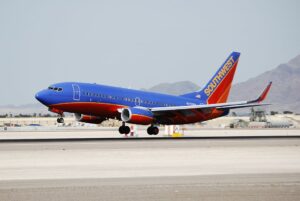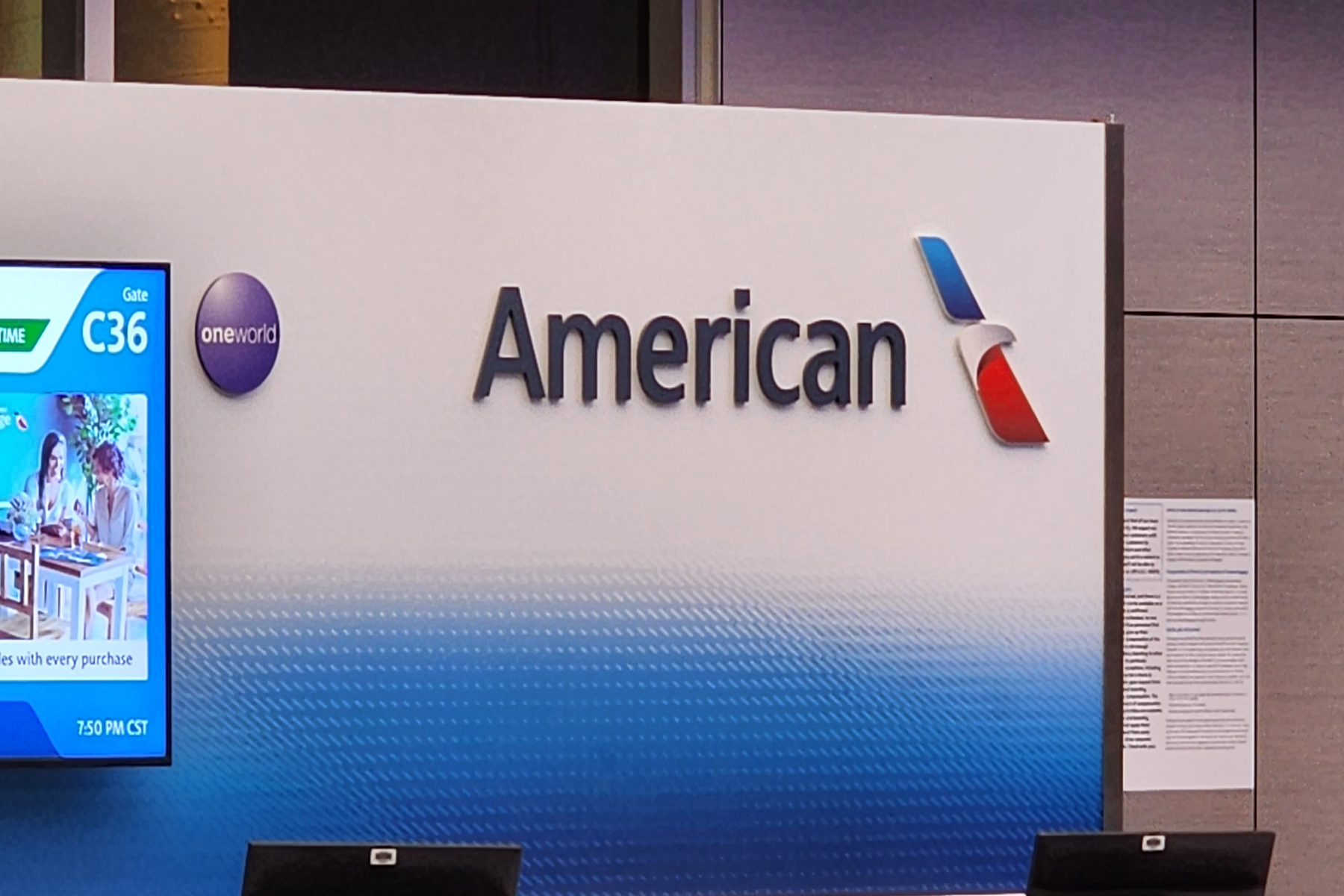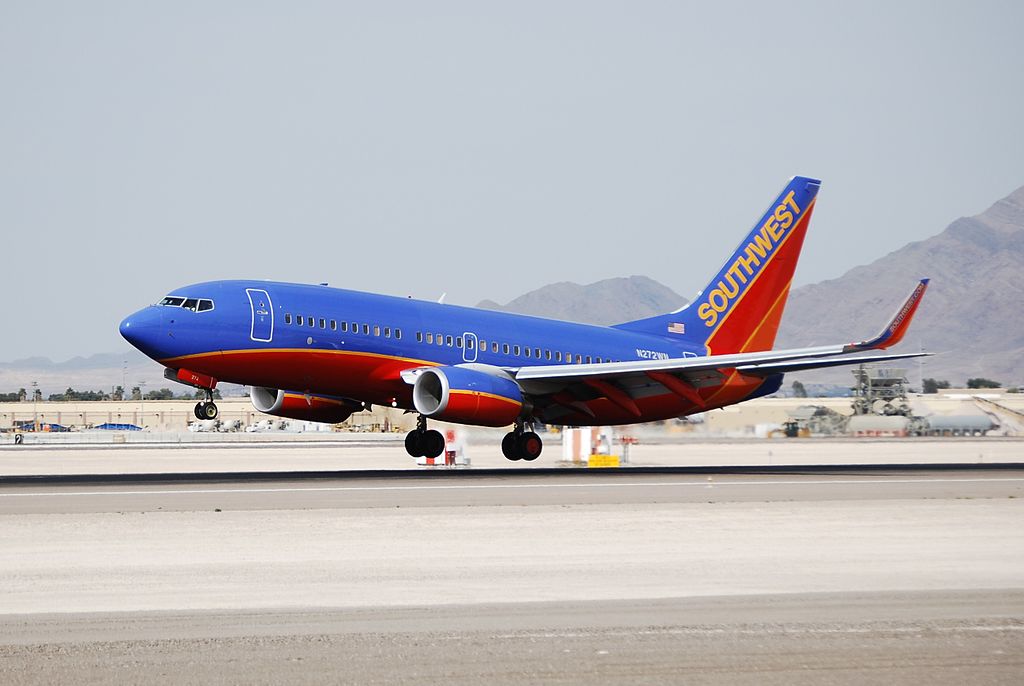Contract of Carriage for Dummies: Buy the Ticket, Take the Ride

Welcome to FlyerTalk 101, a guide to traveling like an expert from the experts. For more guides like this, check out our FlyerTalk 101 tag or head to the forum links in this article to have any of your questions answered.
Flight delays and cancellations: we have all suffered through them at some point during our travels. The stress that comes from potentially missing a connection or losing precious time with family can bring out the worst in some people, and for good reason. Buying a plane ticket seems like a simple concept: you pay an airline to get you from point A to point B on a trip that begins and ends at specific times during the day. However, getting to your destination is much more complex than that.
When you buy a plane ticket, you’re doing more than just arranging transportation. You’re signing an extensive contract that binds you to the policies of the airline if irregular operations occur. That contract is called the Contract of Carriage and every airline worldwide has one. It outlines everything from pricing and pet policies to reservation changes and compensation obligations. Committing to a plane ticket is more than just accepting the price, so every traveler must ensure they understand the contract and their rights when things do not go according to plan.
If My Flight Is Delayed, Does the Airline Owe Me Money?
U.S. airlines are not required by law to give compensation for flight delays or compensation for costs incurred due to a flight cancellation. However, the Department of Transportation (DOT) does have a federal requirement to provide compensation to passengers involuntarily “bumped” from an oversold domestic flight.
Please be aware that this article is only focusing on U.S. domestic passenger rights. The European Union (EU) does have laws in place to protect passengers during irregular operations that will be covered in a future article. In the meantime, you can head to the 2019 British Airways Compensation Thread: Your Guide to Regulation ec261/2004. It’s an informative thread ” intended to help FlyerTalkers who think they may be entitled to EC261 compensation when flying on British Airways” but is a good primer for passengers wondering if they’re entitled to compensation on most airlines. Feel free to not only read through it for answers, but also ask a question if you don’t find one.
If An Airline Makes A Mistake, Does the Airline Owe Me Compensation?
Yes, airlines offer compensation in the case of irregular operations but these are considered “goodwill” services and are not required by law. Irregular operations include, but are not limited to, delays, cancellations, missed connections and reroutes. However, not all situations are the same and most airline contracts list when the airline is liable and when it is not. These can include mechanical issues, crew scheduling errors, weather delays, or crew call-outs. Please note that not all airlines recognize mechanical issues as an airline-controllable event as they are unpredictable, so it is best to read your airline’s Contract of Carriage to verify.
Compensation for irregular operations can include:
- Lodging
- Meal vouchers
- Booking on a later flight free of charge
- Booking on another carrier at the original airline’s discretion
- Frequent flier rewards
- Cash
- Travel vouchers
What Kind of Compensation Should I Expect From My Airline?
Each airline has different policies that define when compensation will be distributed. I have outlined the categories that people seem to care about the most:
Lodging
Lodging varies airline to airline. A few examples of different policies are outlined below:
- United Airlines – “UA will provide at its option either one night’s lodging, or, if no lodging is provided and upon the passenger’s request only, reimbursement for one night’s lodging in the form of an electronic travel certificate…when the passenger incurs a delay that is expected to exceed four hours between the hours of 10:00 PM and 6:00 AM local time.”
- American Airlines – “If the delay is our fault or you’re diverted to another city, and we don’t board before 11:59 p.m. local time on your scheduled arrival day, we’ll arrange an overnight stay or cover the cost of an approved hotel, if available.”
It is important to note that lodging will not be offered to passengers whose final destination is in the metropolitan area of the city that the passenger’s trip was interrupted. Examples of those include:
- Baltimore, MD (BWI)/Washington D.C. Dulles IAD)/Washington D.C. National (DCA)
- Brownsville, TX (BRO/Harlingen, TX (HRL)/McAllen, TX (MFE)
- Burbank, CA (BUR)/Los Angeles, CA (LAX)/Ontario, CA (ONT)/Orange County, CA (SNA)/Long Beach, CA (LGB)
- Chicago, IL O’Hare (ORD)/Chicago, IL Midway (MDW)/Milwaukee, WI (MKE)
- Colorado Springs, CO (COS)/Denver, CO (DEN)
- Dallas, TX Dallas-Ft. Worth International (DFW)/Dallas, TX Love Field (DAL)
- Lauderdale, FL (FLL)/Miami, FL (MIA)/West Palm Beach, FL (PBI)
- Houston, TX Bush Intercontinental (IAH)/Houston, TX Ellington AFB (EFD)/Houston, TX Hobby(HOU)
- Oakland, CA (OAK)/San Francisco, CA (SFO)/San Jose, CA (SJC)
- Newark, NJ Newark International (EWR)/New York, NY La Guardia (LGA)/New York, NY Kennedy (JFK)/White Plains, NY (HPN)
Transportation
In most cases, if an airline pays for a hotel, they will also pay for transportation to and from the hotel given that the hotel does not provide the service itself.
Food vouchers
Food vouchers are normally offered during extensive delays, but not all contracts have a minimum time limit set before handing them out. If a passenger refuses a voucher, the airline is not obligated to reimburse them for food or drinks purchased on their own.
Re-bookings
In the case of cancellations, airlines should put you on the next flight available pending seat availability. Additionally, airlines may, at their discretion, book you to your final destination on a different airline. You can also request to fly standby on a different flight than the airline re-books you on, but remember stand-by is not a guaranteed seat and may not always be the most reliable option.
These policies also apply to missed connections when the airline is at fault. If you dilly-dally to your gate or lose track of time, then you are at fault for your missed flight and the airline is not likely to provide compensation.
Overbookings
Airline overbooking is a common practice, although some passengers may question the ethical part of it. Regardless of your personal opinion, overbooking is legal and airlines will continue to do it. If a flight is overbooked, the carrier must ask for volunteers first, and if no one budges, are within their right to “bump” passengers. This is considered “involuntarily denied boarding” and the DOT outlines airline compensation requirements on its website. Remember, the law only covers domestic flights – if the flight starts or ends outside of the U.S., then passengers can file a claim through Article 19 of the Montreal Convention.
If you are one of the volunteers that forfeits their seat due to overbooking, you are entitled to compensation in the form of a travel certificate or cash per airline policy. Before volunteering, make sure you read your airline’s contract.
Refunds
If your flight is canceled and you do not request to be put on the next flight available, you can simply request a refund. Airlines outline their specific refund requirements, but typically refunds are issued after any canceled or significantly delayed flight, regardless of airline fault. This can include mechanical delays, denied boarding, and weather-related events. Note – most airlines will only reimburse the unused portion of your tickets, not the entire airfare.
Recently I had a trip planned to Orlando from Las Vegas on Frontier, but due to Hurricane Dorian, my flights were canceled. Frontier offered me three options: cancel and refund my ticket, change my flight dates free of charge, or change my flight route free of charge. I opted to push my travel dates back a week. This practice is common among most airlines.
Force Majeure Events
Events where the airline is not liable are known as Force Majeure Events, meaning anything beyond the airline’s control. United’s Force Majeure Events are as follows:
- Any condition beyond UA’s control including, but not limited to, meteorological or geological conditions, acts of God, riots, terrorist activities, civil commotions, embargoes, wars, hostilities, disturbances, or unsettled international conditions, either actual, anticipated, threatened or reported, or any delay, demand, circumstances, or requirement due directly or indirectly to such condition;
- Any strike, work stoppage, slowdown, lockout, or any other labor-related dispute involving or affecting UA’s services;
- Any governmental regulation, demand or requirement;
- Any shortage of labor, fuel, or facilities of UA or others;
- Damage to UA’s Aircraft or equipment caused by another party;
- Any emergency situation requiring immediate care or protection for a person or property; or
- Any event not reasonably foreseen, anticipated or predicted by UA.
The best takeaway from United’s statement is that when there is a weather delay, air traffic delay, or any event that the airline can claim is not their fault, you are most likely out of luck. It never hurts to asks for compensation for costs incurred, but expect the airline to simply say no.
When an Airline Will (Most Likely) Not Give You Compensation
There are times where the passenger is at fault for missing a flight. These reasons can include checking in late, arriving late at the gate, or refusal of transport.
Late Check-In
Airlines outline check-in requirements, some being 45 minutes prior to departure and others 30 minutes prior. One reason for this is if you need to check bags, there is not enough time to screen them and load them onto the aircraft before it is scheduled to depart.
Arriving at the Gate Late
Most airlines close the boarding door 10-15 minutes prior to departure. This allows the airline to complete the final manifest and other paperwork prior to push. Make sure you check your boarding pass to verify how early you should be at your gate.
Refusal of Transport
Airlines can deny boarding to any passenger for almost any reason. Some airlines abide by a strict dress code and may require a passenger to change before boarding. In other cases, a drunk passenger may be denied boarding because they pose a safety risk. If you are denied boarding due to breaching the airline’s contract, you may be granted a refund upon request, but don’t bank on it.
Tips and Tricks
- Be kind. Customer service agents are bound by the contract just as much as you are, so they cannot always offer you compensation for force majeure events. However, some are given the freedom to give food vouchers and hotel rooms in extreme circumstances even if the flight interruption is outside of the airline’s control, so the nicer you are, the more likely they will be willing to help you out.
- Understand the contract before flying. The more you read it and familiarize yourself with it, the less shocked you will be when the airline denies your request for compensation. On the flip side, you’ll also understand what you are entitled to and can get the ball rolling on those claims quicker.
- The European Union is different. The EU has laws in place to protect passengers in the case of flight delays or cancellations within the airline’s control. Make sure you know the difference and understand they do not apply in the United States.
The Contract of Carriage is a complex document binding passengers to a set of policies that do not always make sense, but they are there and there isn’t much you can do to change that. Understanding and accepting this will make your travel experience much less frustrating.
























Tesla, that was hilarious!!!
Not much different then what the yoga moms wear at the bus stops to send their kids off to school in my town. Not my cup of labia, I mean coffee, but its common these days.
"Geological conditions" as an example of force majeure? Does this mean that your flight delay is so long that continental drift has moved the destination airport out of safe fuel range?
mhrb - Actually, you are not covered by EU261 if on a NON EU airline flying from the US to Europe. You would be covered if flying a EU carrirer in both direction, or on a non-EU carrier flying to Europe. I think when they say "do not apply in the United States", they were talking about domestic US flights
"Make sure you know the difference and understand they do not apply in the United States." Completely incorrect. The European Union is different but so is any flight it the US going to from an EU country so many times you're not getting anything under US law you ARE covered under EU261.